One of Roanoke's Few Urban Farms Clinches a Deal To Protect Its Land
A new land ownership model will protect the farm in Northwest Roanoke and enable some financial security for farmer Cameron Terry.
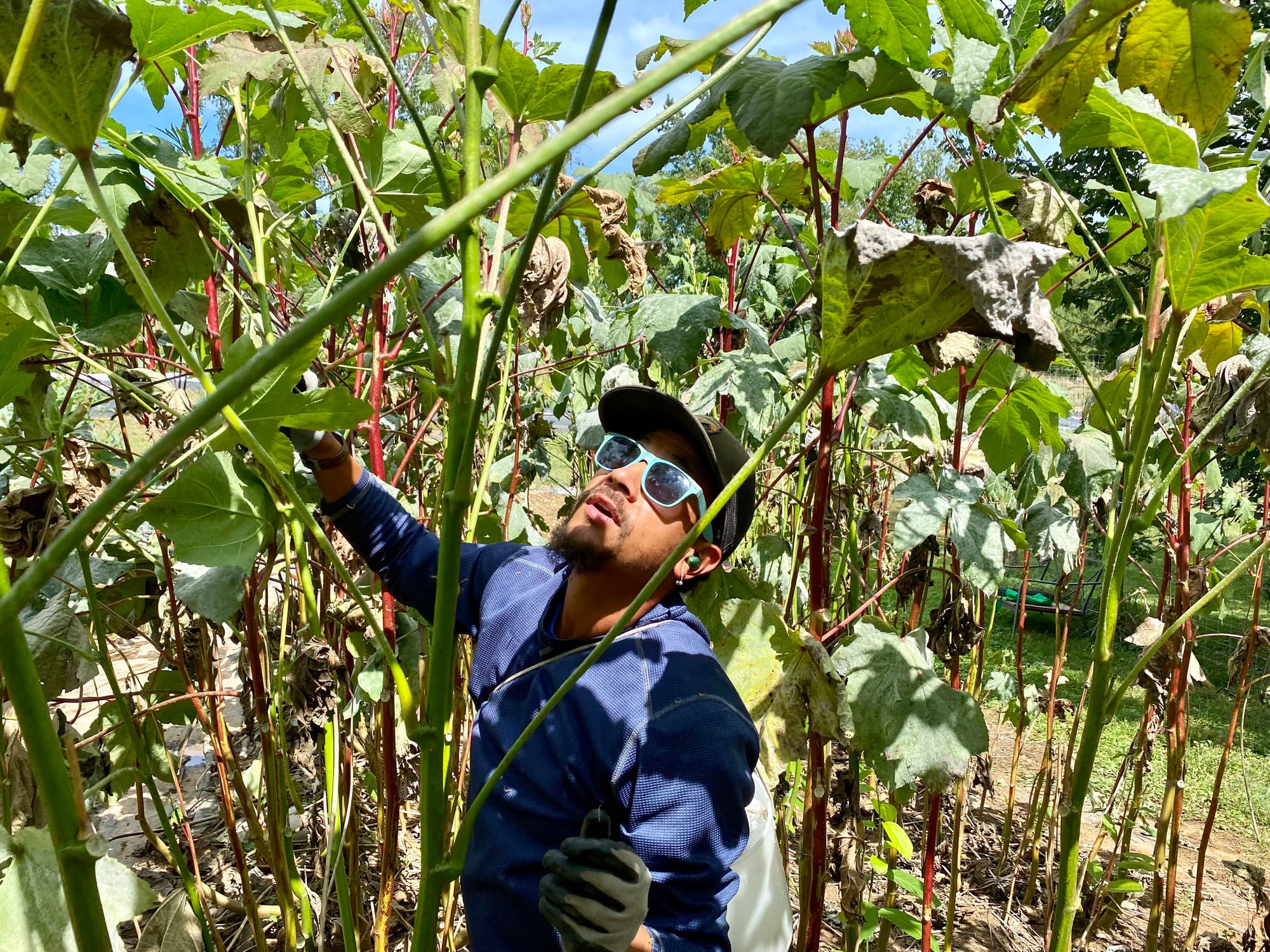
Cameron Terry moves through the okra stalks, deftly plucking the plant’s fruit and dropping them into a white bucket strapped to his back.
Two years ago, the farmer and owner of Garden Variety Harvests was tending to his vegetables on borrowed property.
Now the land is his, or just about.
Terry is on the verge of signing a 99-year lease to the 3-acre Lick Run Farm off 10th Street in Northwest Roanoke, one of the few urban farms in the city. Agrarian Trust, a national nonprofit, purchased the property in May, protecting the land from development and enabling financial security for Terry and his crew of paid farmers and volunteers.
When the trust deeds the land to the Southwest Virginia Agrarian Commons, that group will issue a long-term lease to Terry’s business that he can pass down to heirs or another farmer.
“Many farms go out of business because they just can't service the debt that they've agreed to over the long term,” Terry said over a lasagna lunch made with eggplant from the farm.
One bad year — poorly timed rainstorms, a medical issue — can derail years of hard work, forcing a farmer to declare bankruptcy or sell the land.
“It's such a blessing to be in a farming situation where I don't have to worry about having a down year being the reason that this place isn't a farm anymore,” Terry said.
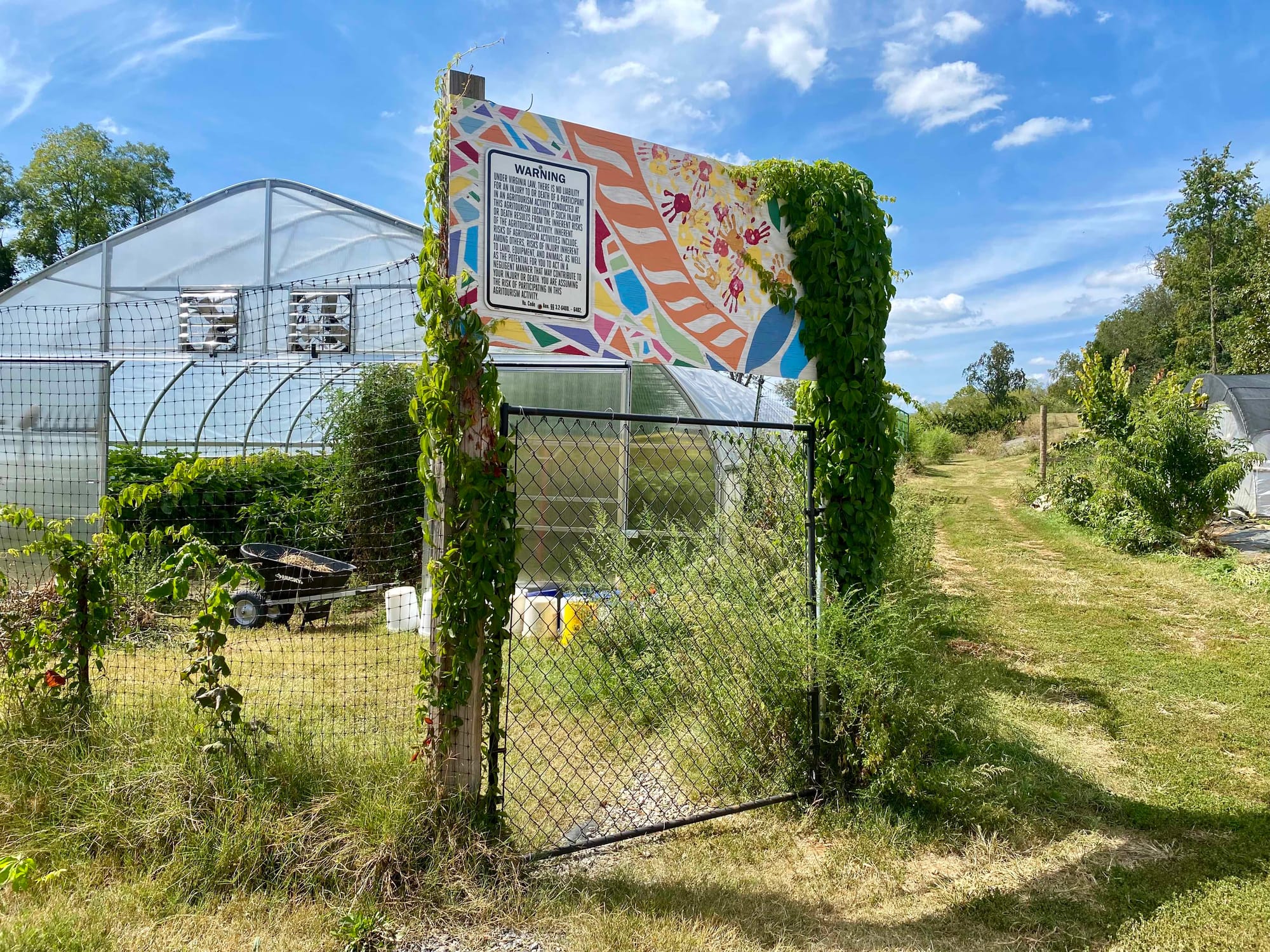
About a month ago, Terry said, Agrarian Trust completed its fundraising campaign, reaching a goal of $426,250 to acquire the property and make improvements to the land and buildings. The trust closed on the property in May for $187,000, property records show.
“It feels good to be supported by the community in that way, that we share this common vision for community land ownership, giving access to a new generation of farmers,” Terry said. “Enough people agreed with that vision that we eventually met our goal.”
Part of Agrarian Trust’s mission is to provide greater land access for Black farmers such as Terry. While 98 percent of U.S. farmland is owned by white people, more than 70 percent of farmworkers are people of color, according to Agrarian Trust.
Terry began growing vegetables in backyard gardens after moving to Roanoke in 2017 from Denver, Colorado. Then he met Rick Williams, who had farmed on the land, which had hosted a family-operated nursery for a half century. Williams agreed to sell the land as part of the arrangement with Agrarian Trust.
These days, Terry estimates he grows five times the haul of vegetables since he first began farming the land a couple years ago. Okra, tomatoes and carrots are on the harvest list.
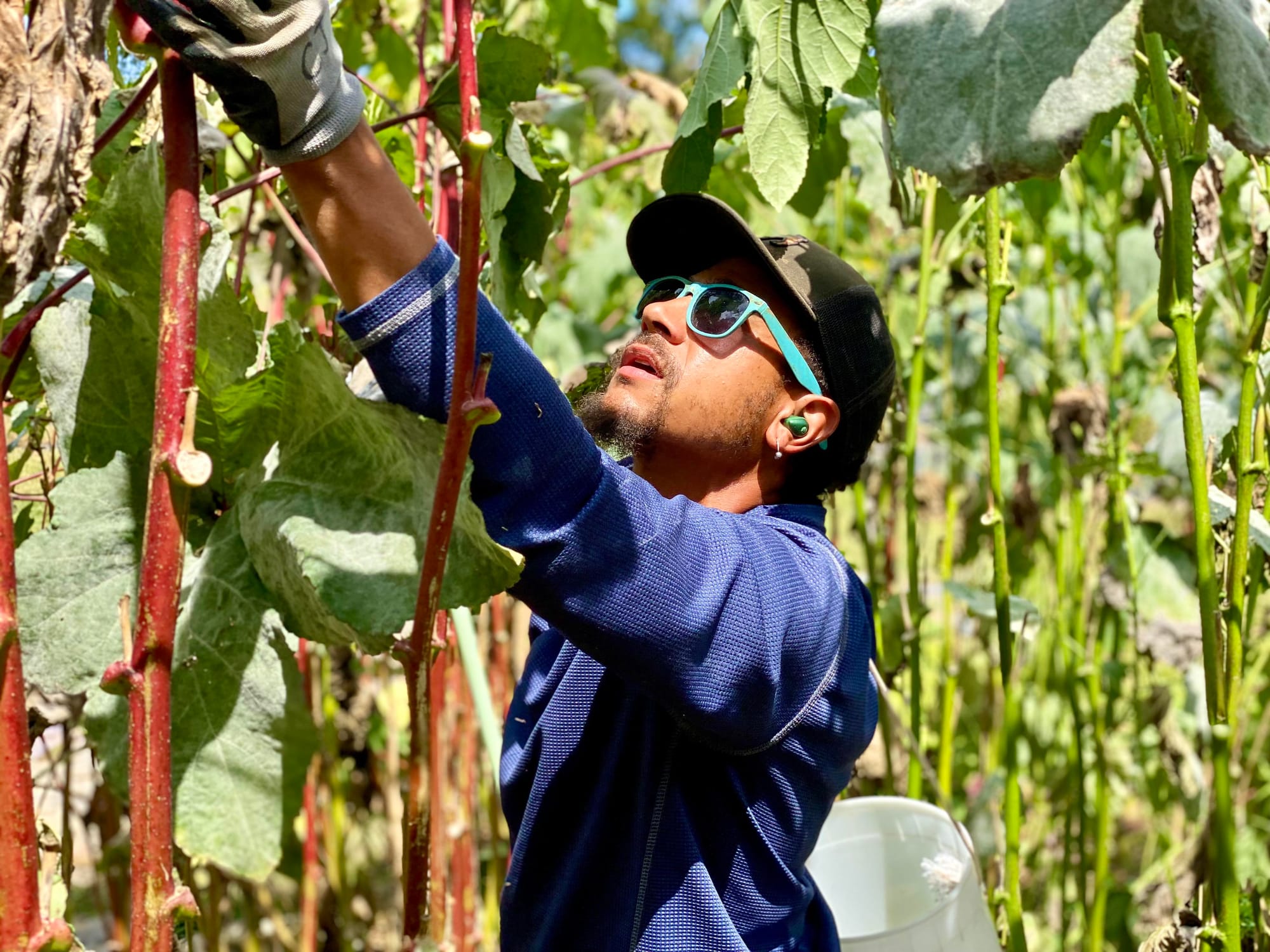
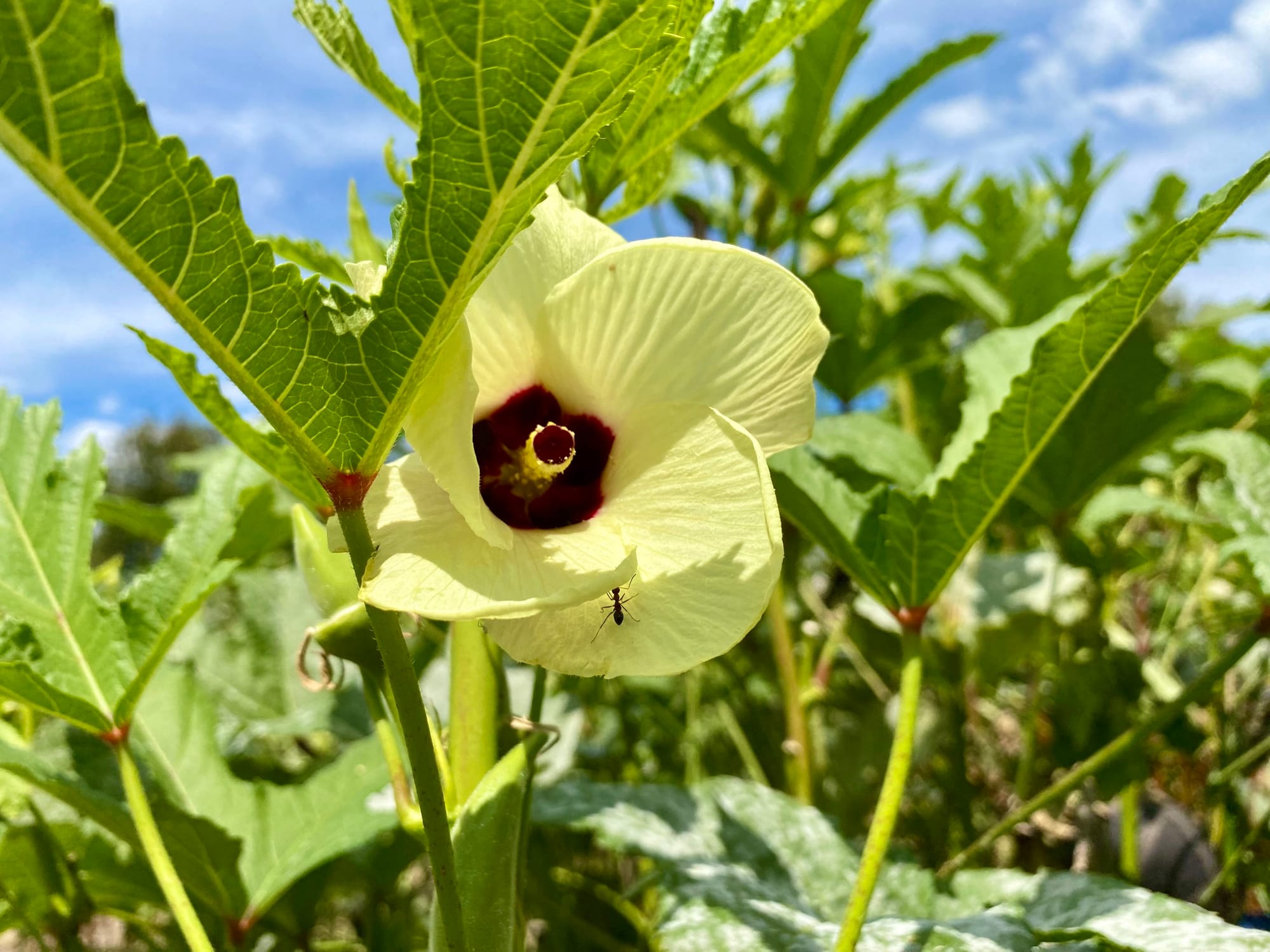
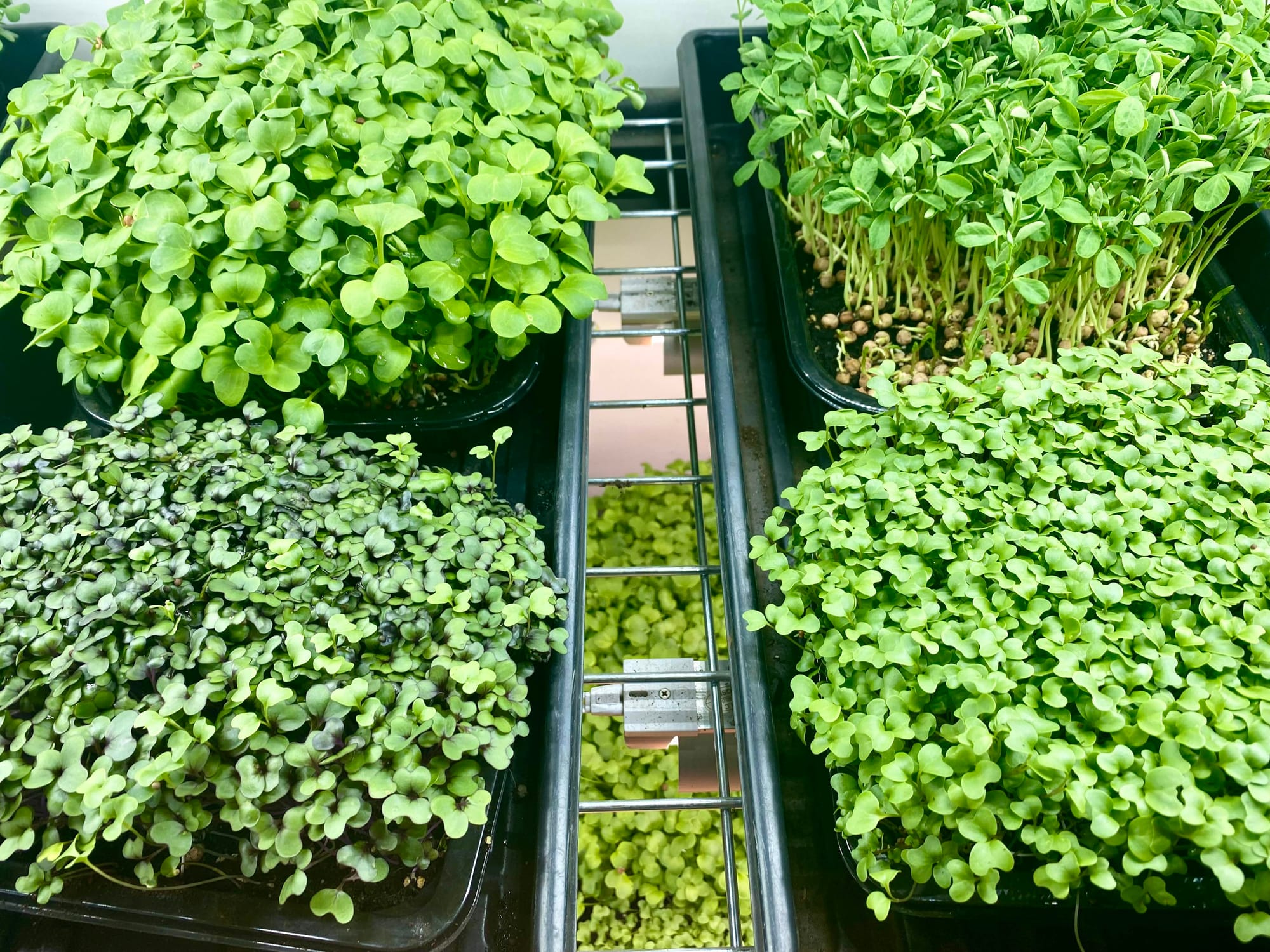
With the winter season approaching, giant greenhouses will spur the growth of spinach, lettuce and arugula. Broccoli and cauliflower are on the horizon as well.
Restaurants such as bloom, River and Rail and Lucky will benefit from Terry’s crops. But the bulk of Garden Variety Harvest’s produce goes directly to consumers at two weekly farmers markets run by Local Environmental Agriculture Project (LEAP) in West End and in Grandin Village.
Besides some community gardens and a honey producer, Garden Variety Harvest is the only Roanoke-based farm that consistently provides major produce to LEAP, said Maureen McNamara Best, the nonprofit’s executive director.
“I think it is great to have space for urban agriculture that's available in perpetuity, for urban agriculture,” Best said.
Especially in more densely populated Roanoke, an urban farm makes food more visible and helps connect people to how it’s produced, she noted.
“Having a productive farm that's growing food specifically for the community, in the community, is an incredible asset to Roanoke and the region,” Best said.
In fact, LEAP was the top donor to the Agrarian Trust’s fundraiser, contributing $142,200, or about one-third of the total. Best said those funds came to LEAP as part of the city’s $2.5 million allocation of federal pandemic relief funds, which were earmarked for enhancing and expanding Roanoke’s local food system.
That investment made it possible for Terry’s business to erect deer fencing around the property, install an irrigation and plumbing system and construct a packing shed, according to Best. Some of the other funds went toward restoring and expanding an 1890s farmhouse that had no floors or interior walls.
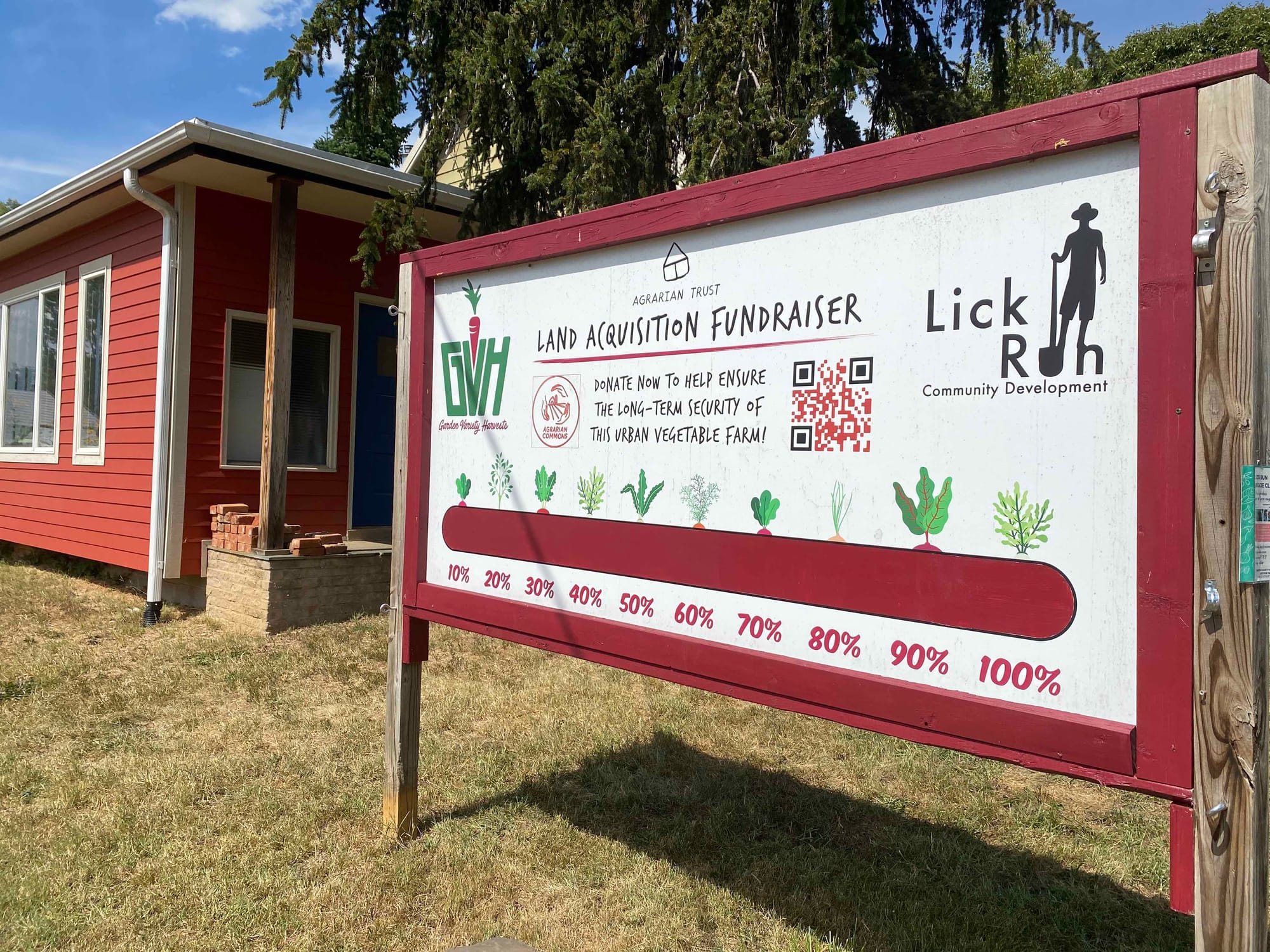
Nathan Galaviz, commons manager at Agrarian Trust, said the model of transferring farmland into community ownership helps prevent greater corporate consolidation within agriculture.
Galaviz said the equitable lease allows a farmer like Terry to sell the lease to another farmer if he ever wishes, while still being able to cash out on investments he made to the property.
A 2022 report from American Farmland Trust, a nonprofit that advocates for land preservation, found that between 2001 and 2016, about 2,000 acres of farmland and ranchland became developed, every day. The report says by 2040 an estimated 18.4 million acres of farm, about the size of South Carolina, will turn into housing, commercial buildings or industrial sites.
“Land loss in our country is a crisis,” Galaviz said. “So the operative question is, where’s our food going to come from?”
For Terry, the farm has just about reached its growing footprint. So the next stage is to improve the educational aspect of the farm, inviting people down for more events, such as its recent third-annual Okra Fest.
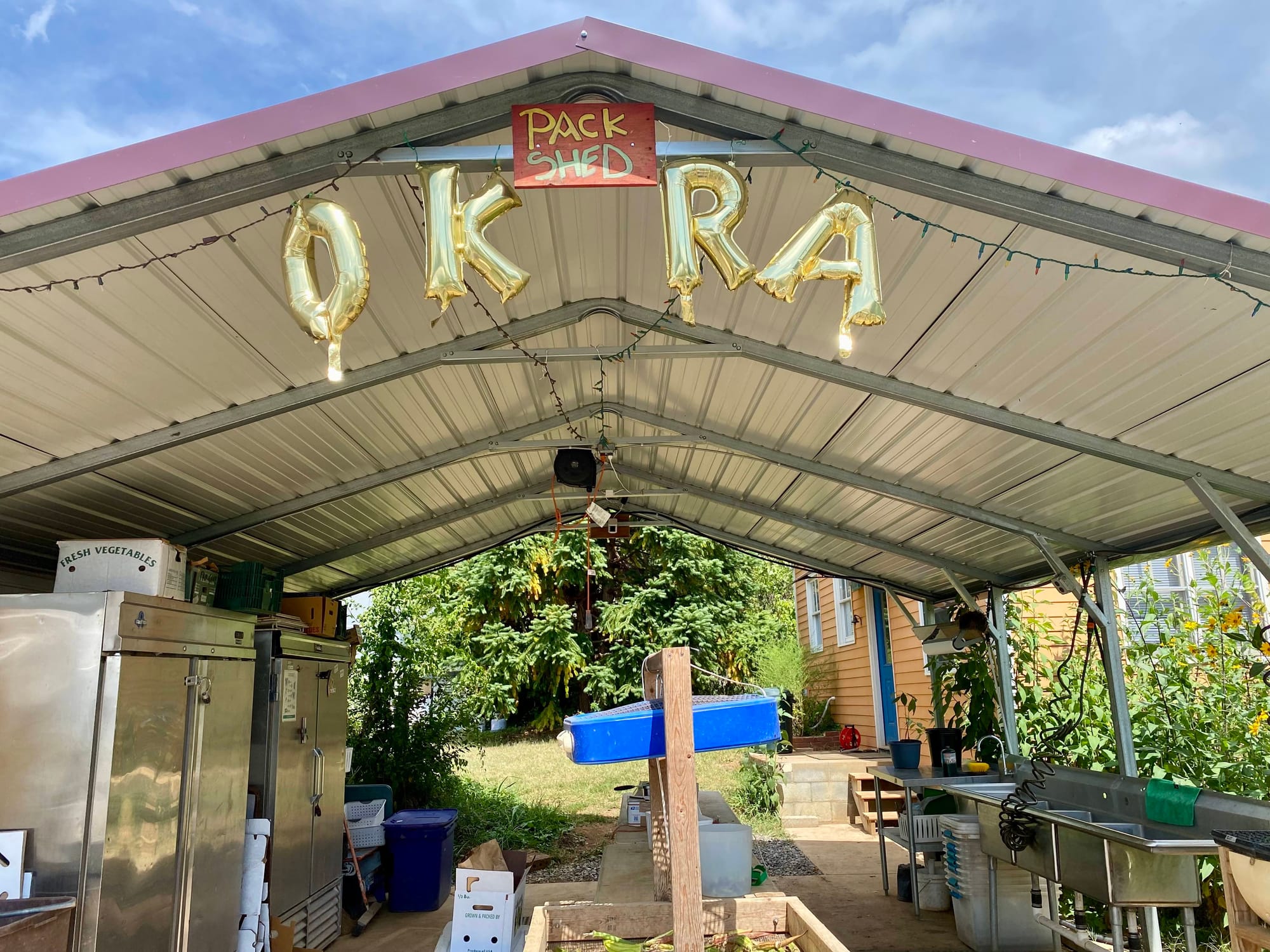
The farm also runs a subscription program Terry colloquially calls the Veggie Club, which is limited to people who live in the neighborhood. On Wednesdays, only about 10 families currently pick up their farm share each Wednesday. While Terry said he would like to expand the program, which accepts federal benefits like SNAP, he has found nearby working-class residents are accustomed to more choice than the club can provide.
“I love the idea that we can introduce people to new foods, and eventually we'd like to kind of grow into doing on-site cooking classes and stuff like that, to help with some of that educational barrier that people might face,” he said.
Terry expressed excitement for the newly opened LEAP store in the West End neighborhood, and the Market on Melrose, a full-service grocery store that Goodwill Industries of the Valleys is opening a couple miles away, in what has long been a grocery store and food desert.
In the not-too-distant future, Terry envisioned, Roanoke’s five best grocery stores could all be small outfits, working with local farmers and producers.
“I have a real personal affinity for the idea of decentralizing grocery,” Terry said. “I just think the era of the supermarket is dead. We just don’t know it yet.”

